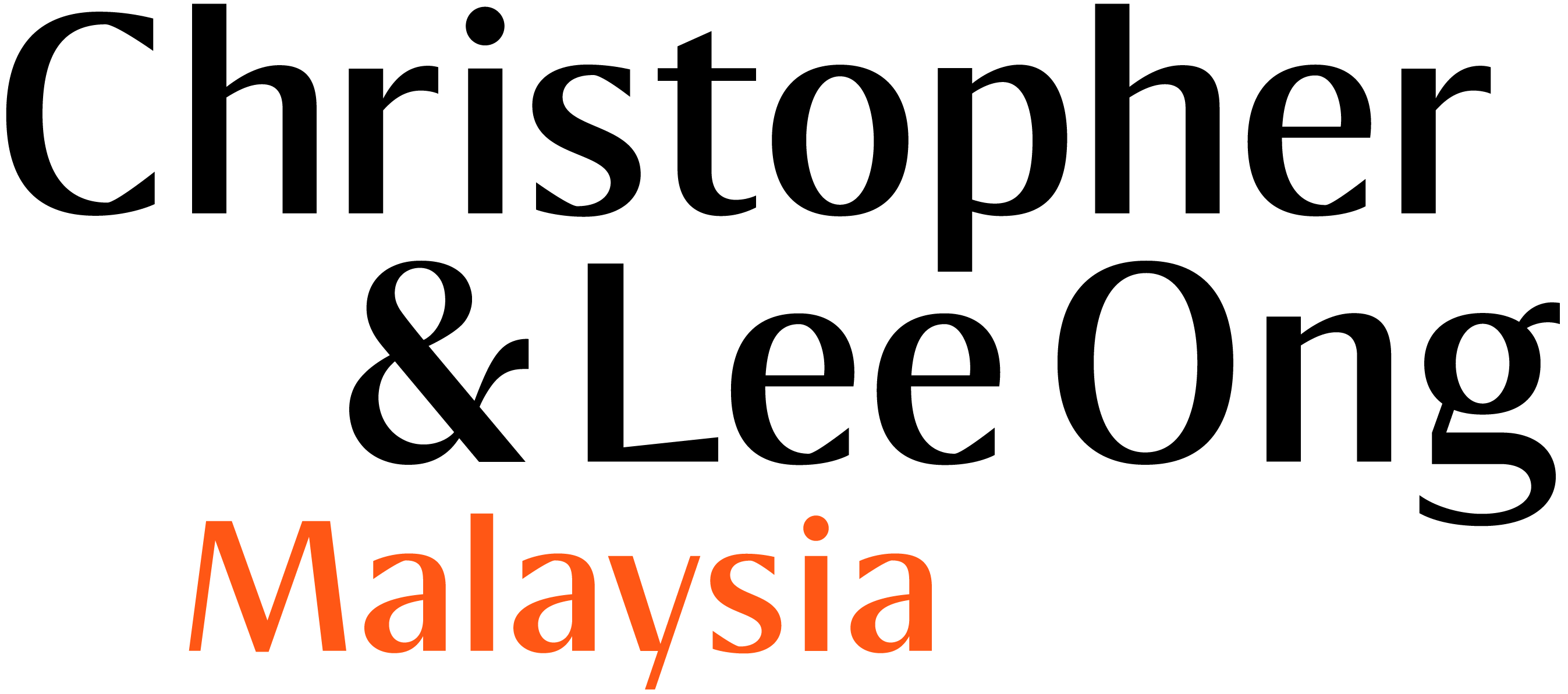Introduction
The Securities Commission Malaysia (“SC“) has released a public consultation paper proposing significant amendments to the Guidelines on Recognised Markets (“RMO Guidelines“), with concentrated reforms focusing on the governance and operations of Digital Asset Exchanges (“DAXs“) in Malaysia. If pushed through, these proposals will mark an important evolution in Malaysia’s regulatory approach towards digital assets, with implications for both incumbents and prospective market entrants. This is a valuable opportunity for not just existing DAXs, but other digital asset market players and service providers, as well as prospective applicants, to weigh in on the future of the digital asset space in Malaysia. The consultation period ends on 11 August 2025.
The full consultation paper is accessible here, while the existing RMO Guidelines are available here.
Key Proposed Changes
Enhanced Safeguards: Security, Asset Segregation, and Prudential Requirements
- The SC proposes stricter requirements on the safeguarding and segregation of client assets, with explicit prohibitions against co-mingling client assets with those of the DAX operator or its affiliates. Part of these requirements will include a requirement to hold at least 90% of investors’ digital assets in cold wallets, with DAX wallet address and trust accounts for local transactions kept distinct and separate from any foreign digital asset transactions where the DAX operator (and affiliate companies) offer digital asset services in other jurisdictions. This raises the bar for custodial standards in Malaysia’s digital asset ecosystem.
- There are also potentially enhanced capital adequacy requirements, with the following financial requirements being proposed:
- Paid-up share capital: minimum of RM15million; and
- Shareholders’ funds: the higher of the following to be maintained at all times:
- minimum of RM5 million, or in the case of a DAX operator operating a Digital Broker model, minimum of RM7 million; or
- 25% of the DAX’s operating expenses.
This represents a material uplift from existing requirements, where generally all recognised market operators (RMOs) are required to maintain a minimum of RM2.5 million in shareholders’ funds (except for DAX operators operating a Digital Broker Model, where the current requirement is to maintain RM5 million in shareholders’ funds), whilst DAX operators are required to maintain a paid-up share capital of RM5 million.
Note: Under the current RMO Guidelines, “Shareholders’ Funds” is defined as the aggregate of paid-up share capital, retained earnings, and reserves, excluding intangible assets. This functions as a proxy for a DAX’s net tangible equity base.
- Taken together, these measures aim to bolster the financial resilience of DAX operators, reinforcing investor protection and systemic stability. However, the impact on both existing players and prospective applicants may be significant, especially when coupled with other considerations such as new qualification requirements for shareholders (which will impact individual and individual-controlling shareholders) and key management, and requirements for DAX operators to ensure that investors’ digital assets held in hot wallets are fully collateralised in its own offline wallets.
Operational Localisation: Residency and Control Requirements, Enhanced Professionalism
- A major shift is the requirement that key senior management designated as responsible for the administration of access to wallet addresses must be residents of Malaysia, ensuring direct accountability to the Malaysian regulator. This is on top of the requirements that such senior management must possess the relevant capability, knowledge, experience and authority for the role, and new shareholder suitability requirements proposed. Specific qualifications for key persons, including members of the DAX’s board of directors, have also been proposed.
- More critically, the proposals explicitly prohibit any affiliate entities, whether foreign or domestic, from exercising control or operational influence over wallet infrastructure, including private keys and custody arrangements. This localisation mandate may potentially require DAXs with global operations to structurally ringfence their Malaysian operations, particularly in relation to security controls and wallet management. However, the move to require formal qualifications for shareholders and key personnel of DAX operators may be key in increasing comfort levels for institutional investors looking to diversify into the digital asset space.
Liberalisation of Token Listings – But with Caution
- The SC is proposing a Liberalisation Framework for the assessment and listing of digital assets. This framework shifts responsibility to DAX operators to conduct due diligence and determine the suitability of tokens for trading, subject to SC oversight, based on the current criteria which is currently submitted to the SC under section 15.19 of the RMO Guidelines.
- Importantly and encouragingly, the SC has called for views on the potential for the listing of certain types of ‘riskier’ profiles. This could signal an openness to discussing the development of a formal taxonomy for digital assets, offering much-needed clarity around token classifications.
- However, whilst providing a long-awaited and welcomed avenue to discussion, considerable thought will need to be put into the types of tokens and digital assets on the table, and what is to be done about them (i.e. allow listing with further SC consent, prohibit, etc.). This includes discussions regarding utility tokens, which conventionally have been understood to be excluded from the definition of a ‘security’ under the Capital Markets & Services (Prescription of Securities) (Digital Currency and Digital Token) Order 2019, as well as stablecoins, although other types of digital assets such as meme coins, and privacy coins are also up for discussion.
- If the SC were to reverse this position and require utility tokens and stablecoins to fall within the regulatory perimeter of DAXs, it could substantially alter the landscape for token issuers and exchange operators alike. However, the question will be whether more significant legislative change may be required to facilitate this, which must be considered within the wider context of the objectives and parameters within which a new standardised digital asset taxonomy could potentially operate. There is little doubt that comments on this front would need to be considered alongside feedback received from the recent public consultation on a Proposed Regulatory Framework for Offering and Dealing in Tokenised Capital Market Products which closed on 16 June 2025.
Implications for the Malaysian DAX Market
These proposals signal a dual intent by the SC:
- On one hand, the regulator is moving towards greater flexibility in token listings, recognising the need to foster innovation and market dynamism.
- On the other hand, there is a clear tightening of prudential safeguards, governance localisation, and security controls, likely in response to recent global incidents of exchange failures and cybersecurity breaches.
This balance suggests that while Malaysia is opening its doors wider to digital asset innovation, it will do so within a highly secure and locally governed framework.
Our Take: Opportunities for New Entrants
For prospective DAX applicants and digital asset players, these developments offer both challenges and opportunities:
- The liberalisation of token listings could make Malaysia an attractive jurisdiction for token projects that value regulatory clarity paired with operational flexibility.
- Lower barriers to listing a broader range of assets, subject to appropriate due diligence, could invigorate market participation and differentiate Malaysia from stricter regimes elsewhere in the region.
- At the same time, the operational and capital requirements may increase upfront costs and require reconsideration of group structures, particularly for international players.
Your Voice Matters – Participate in the Consultation
Given the significance of these changes, stakeholders, whether current market operators, fintech players, token issuers, or investors considering Malaysia, are strongly encouraged to submit feedback to the SC. Engaging in this process not only allows participants to influence the direction of regulation but also signals their commitment to shaping Malaysia into a progressive and secure digital asset hub.
If you would like assistance in understanding how these proposed changes may affect your business or in preparing a submission to the SC, please feel free to reach out to us.
Disclaimer
Rajah & Tann Asia is a network of member firms with local legal practices in Cambodia, Indonesia, Lao PDR, Malaysia, Myanmar, the Philippines, Singapore, Thailand and Vietnam. Our Asian network also includes our regional office in China as well as regional desks focused on Brunei, Japan and South Asia. Member firms are independently constituted and regulated in accordance with relevant local requirements.
The contents of this publication are owned by Rajah & Tann Asia together with each of its member firms and are subject to all relevant protection (including but not limited to copyright protection) under the laws of each of the countries where the member firm operates and, through international treaties, other countries. No part of this publication may be reproduced, licensed, sold, published, transmitted, modified, adapted, publicly displayed, broadcast (including storage in any medium by electronic means whether or not transiently for any purpose save as permitted herein) without the prior written permission of Rajah & Tann Asia or its respective member firms.
Please note also that whilst the information in this publication is correct to the best of our knowledge and belief at the time of writing, it is only intended to provide a general guide to the subject matter and should not be treated as legal advice or a substitute for specific professional advice for any particular course of action as such information may not suit your specific business and operational requirements. You should seek legal advice for your specific situation. In addition, the information in this publication does not create any relationship, whether legally binding or otherwise. Rajah & Tann Asia and its member firms do not accept, and fully disclaim, responsibility for any loss or damage which may result from accessing or relying on the information in this publication.








